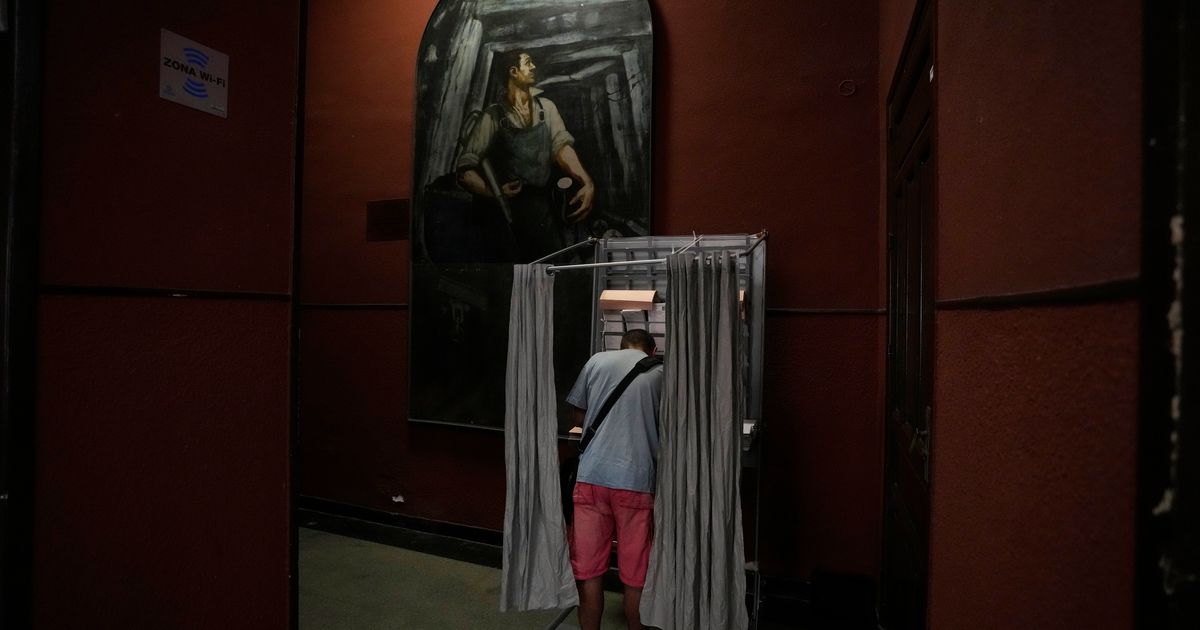Key takeaways:
- The conservative Popular Party (PP) won the election with 136 of the 350 seats in the Congress of Deputies.
- The Socialists, with the help of the left-wing Sumar alliance and other smaller parties, were able to call on a combined total of 172 seats.
- The election results mean that neither side has a clear path toward forging a new government, leaving the country in a state of political uncertainty.
MADRID (AP) — Spain’s national elections on Sunday left the country in political gridlock, with neither the right nor the left able to secure a majority. The conservative Popular Party (PP) was set to narrowly win the election with 136 of the 350 seats in the Congress of Deputies, the lower house of the Spanish parliament. However, the PP fell short of its hopes of scoring a much bigger victory and forcing the removal of Socialist Prime Minister Pedro Sánchez.
The Socialists, who finished in second place, were able to call on the predicted 31 seats of the left-wing Sumar, or Joining Forces alliance, and several smaller parties. This gave them a combined total of 172 seats, compared to the right bloc behind Feijóo, which totaled 170.
The election results mean that neither side has a clear path toward forging a new government. This could lead to a period of political gridlock, as the parties attempt to negotiate a coalition or form a minority government.
The election was the fourth in four years in Spain, and the results are likely to leave the country in a state of political uncertainty. With no clear majority, it is unclear how the parties will be able to form a government and move forward with their agendas. It is also uncertain how long it will take for the parties to reach a consensus and form a new government.



Be First to Comment